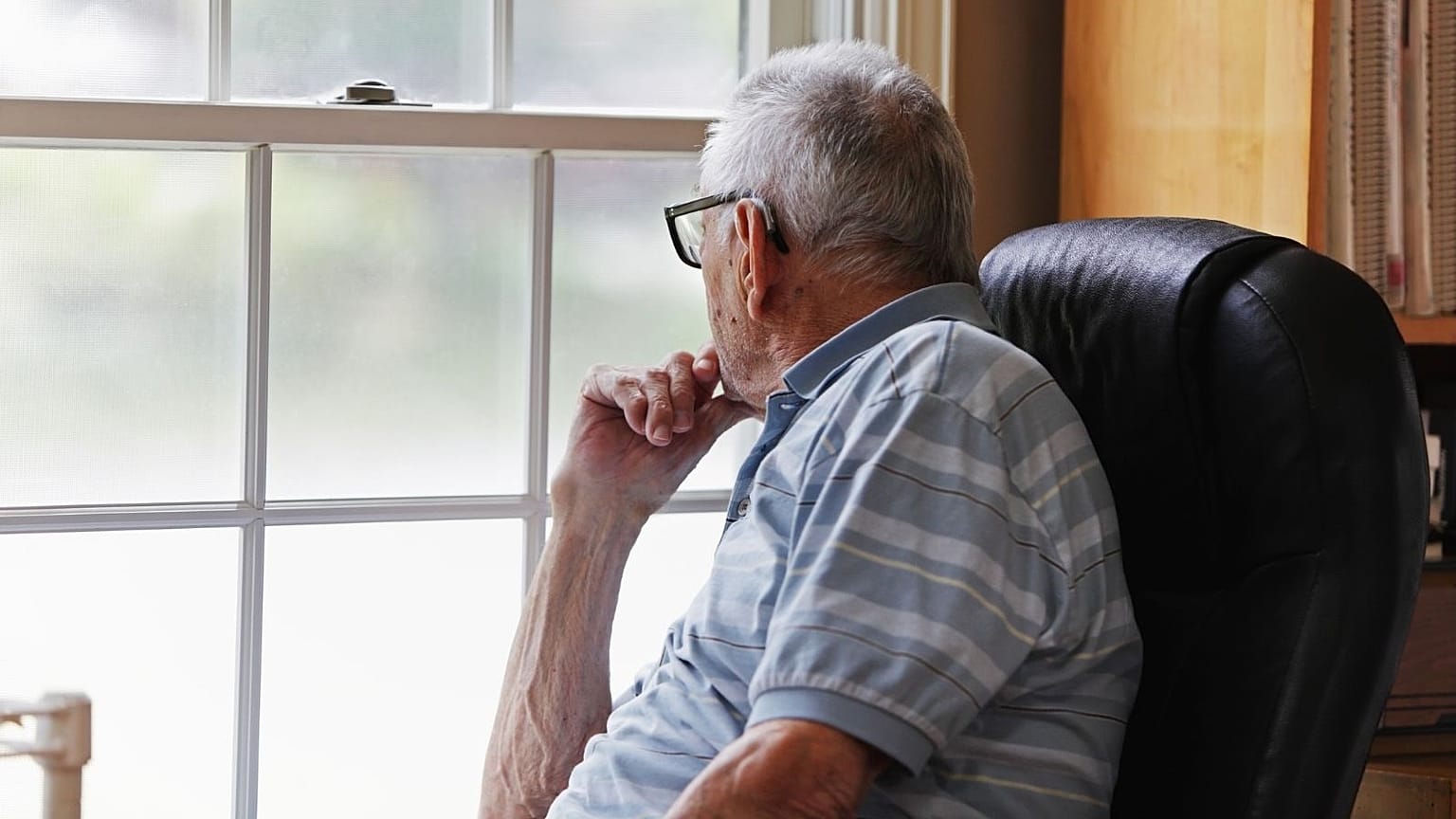Health
Study Reveals Loneliness Costs UK Health System £885 Annually

A recent study has highlighted the significant financial burden that loneliness places on the United Kingdom’s health system. Four in ten Britons reported feeling lonely at least occasionally, according to a survey analyzing the health costs associated with this widespread issue. The research indicates that individuals experiencing loneliness incur costs of up to £885 (€1,024) more annually than their more socially engaged counterparts.
The findings, published in the journal PLOS One, are based on a survey of over 23,000 individuals conducted between 2021 and 2023. The study found that eight percent of respondents often felt lonely, while another 32 percent reported loneliness at least some of the time. Researchers linked these feelings of isolation to increased mental distress, poorer physical health, and a diminished quality of life.
Individuals who frequently experience loneliness are also statistically more likely to seek medical care. They tend to visit their general practitioners (GPs) or hospitals more often than those who are not lonely. According to Antonieta Medina-Lara, a professor of public health economics at the University of Exeter and one of the authors of the study, “Our findings highlight the importance of recognising loneliness as both a public health issue and an NHS priority.” She further noted that loneliness is often overlooked, yet it carries substantial personal and societal costs.
Loneliness is not isolated to the UK; it is a growing concern worldwide. The World Health Organization (WHO) estimates that loneliness affects 16 percent of the global population, categorizing social disconnection as a serious threat to public health. The WHO associates social isolation and loneliness with an elevated risk of various health issues, including heart disease, type 2 diabetes, depression, and anxiety.
In response to the rising concern over loneliness, several nations, including the UK, have initiated national plans aimed at fostering both in-person and online connections. These initiatives particularly target individuals at risk of social isolation, such as older adults, to encourage social engagement and community building.
The study also revealed that age plays a role in the financial impact of loneliness. Younger individuals and seniors who experience loneliness incur significantly higher healthcare costs compared to their non-lonely peers. This disparity tends to diminish among those in midlife. Researchers hope that increased awareness of the complex consequences of loneliness will prompt more effective interventions.
Medina-Lara expressed a desire for these findings to encourage new approaches to help individuals form connections and improve overall well-being. “By making these visible, we hope to encourage new approaches to help people build connections, improve well-being, and ultimately reduce the burden on health services,” she stated.
As the UK and other countries grapple with the societal implications of loneliness, the findings of this study underscore the urgent need for comprehensive strategies to address this public health challenge.
-

 Top Stories3 months ago
Top Stories3 months agoTributes Surge for 9-Year-Old Leon Briody After Cancer Battle
-

 Entertainment4 months ago
Entertainment4 months agoAimee Osbourne Joins Family for Emotional Tribute to Ozzy
-

 Politics4 months ago
Politics4 months agoDanny Healy-Rae Considers Complaint After Altercation with Garda
-

 Top Stories4 months ago
Top Stories4 months agoIreland Enjoys Summer Heat as Hurricane Erin Approaches Atlantic
-

 World5 months ago
World5 months agoHawaii Commemorates 80 Years Since Hiroshima Bombing with Ceremony
-

 Top Stories3 months ago
Top Stories3 months agoNewcastle West Woman Patricia Foley Found Safe After Urgent Search
-

 Top Stories5 months ago
Top Stories5 months agoFianna Fáil TDs Urgently Consider Maire Geoghegan-Quinn for Presidency
-

 World5 months ago
World5 months agoCouple Convicted of Murdering Two-Year-Old Grandson in Wales
-

 World5 months ago
World5 months agoGaza Aid Distribution Tragedy: 20 Killed Amid Ongoing Violence
-

 World5 months ago
World5 months agoAristocrat Constance Marten and Partner Convicted of Infant Murder
-

 Top Stories4 months ago
Top Stories4 months agoClimbing Errigal: A Must-Do Summer Adventure in Donegal
-

 Top Stories4 months ago
Top Stories4 months agoHike Donegal’s Errigal Mountain NOW for Unforgettable Summer Views









